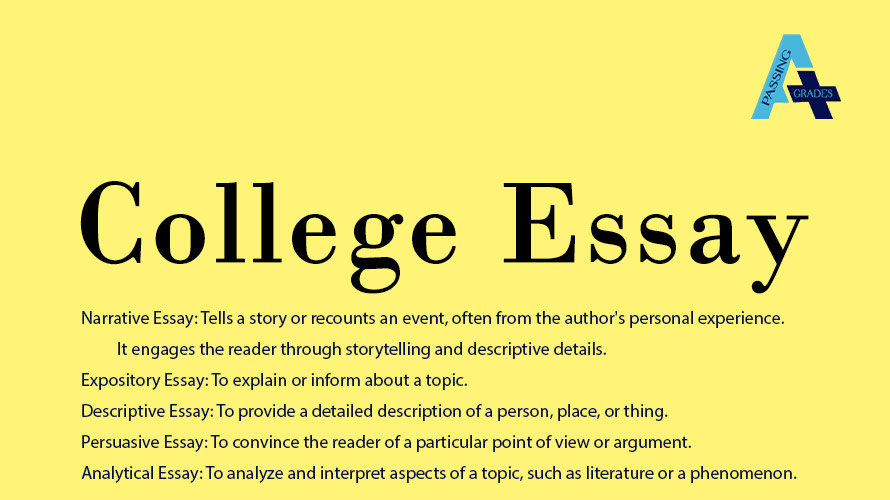
Narrative Essay
“Perfect as the wing of a bird may be, it will never enable the bird to fly if unsupported by the air.” –Ivan Pavlov
Upon graduation, I will be able to analyze medieval Spanish poems using literary terms and cultural context, describe the electronegativity trends on the periodic table, and identify when to use logarithmic differentiation to simplify a derivative problem. Despite knowing how to execute these very particular tasks, I currently fail to understand how to change a tire, how to do my taxes efficiently, or how to obtain a good insurance policy. A factory-model school system that has been left essentially unchanged for nearly a century has been the driving force in my educational development.
I have been conditioned to complete tasks quickly, efficiently, and with an advanced understanding. I measured my self-worth as my ability to outdo my peers academically, thinking my scores were the only aspect that defined me; and they were. I was getting everything right. Then, I ran for Student Government and failed. Rejection. I didn’t even make it past the first round of cuts. How could that be? I was statistically a smart kid with a good head on my shoulders, right? Surely someone had to have made a mistake. Little did I know, this was my first exposure to meaning beyond numbers.
Read also: Depression Essay
As I was rejected from StuGo for the second year in a row, I discovered I had been wrongfully measuring my life through numbers–my football statistics, my test scores, my age, my height (I’m short). I had the epiphany that oh wait, maybe it was my fault that I had never prioritized communication skills, or open-mindedness (qualities my fellow candidates possessed). Maybe it was me. That must be why I always had to be the one to approach people during my volunteer hours at the public library to offer help–no one ever asked me for it. I resolved to alter my mindset, taking a new approach to the way I lived. From now on I would emphasize qualitative experiences over quantitative skills.
I had never been more uncomfortable. I forced myself to learn to be vulnerable by asking questions even if I was terrified of being wrong. My proficiency in using data evidence could not teach me how to communicate with young children at church, nor could my test scores show me how to be more open to criticism. The key to all of these skills, I was to discover, happened to be learning from those around me. Turns out, I couldn’t do everything by myself.
The process of achieving this new mindset came through the cultivation of relationships. I became fascinated by the new perspectives each person in my life could offer if I really took the time to connect. Not only did I improve my listening skills, but I began to consider the big-picture consequences my engagements could have. People interpret situations differently due to their own cultural contexts, so I had to learn to pay more attention to detail to understand every point of view. I took on the state of what I like to call collaborative independence, and to my delight, I was elected to StuGo after my third year of trying.
Related: My Personal Ethical Theory and Justifying Killing Capstone Essay
Not long ago, I would have fallen apart at the presence of any uncertainty. As I further accept and advance new life skills, the more I realize how much remains uncertain in the world. After all, it is quite possible my future job doesn’t exist yet, and that’s okay. I can’t conceivably plan out my entire life at the age of 17, but what I can do is prepare myself to take on the unknown, doing my best to accompany others. Hopefully, my wings continue enabling me to fly, but it is going to take more than just me and my wings; I have to continue putting my faith in the air around me.

0
2068